This will be the sixth consecutive year that I lead Rosh Hashanah and Yom Kippur services. I would like to revisit lessons I have learned in retaining attendees’ interest in the service and even in keeping hundreds of them in synagogue all day on Yom Kippur.
My agenda here is to share these ideas for those rabbis and congregations wrestling with how to keep Jews interested in the very long High Holy Days services. Obviously, some of these lessons cannot be applied to Orthodox, or even all Conservative, congregations. And I recognize that some services may need no help from me as they are already quite inspiring.
1. Many Jews Prefer Learning to Davening
I was raised Orthodox and attended yeshivas until the age of 18, but I rarely found davening meaningful. Moreover, my reaction didn’t seem to be atypical. At Orthodox summer camp, for example, all the other Orthodox kids sitting on my bench in shul were playing “siddur baseball” instead of davening.
That is one reason I believe that study can bring many modern Jews closer to God and to Judaism than prayer does. That has been my experience. Therefore, in our services, there is less prayer time and more study time. By study I am referring not to Torah study, but to studying the prayers that we do say (all from the traditional machzor, the High Holy Days prayer book), to the talks I give, and to a two-hour question-and-answer session on Yom Kippur afternoon.
I regularly explain a prayer that the chazzan is just about to recite: What does it mean that “God revives the dead?” If “God loves His people Israel,” why have His people suffered so much? Virtually every paragraph in the machzor offers the leader of the services a chance to speak on a great theme.
2. Music Is Vital
Music, too, brings many of us closer to God and religious feeling than prayer alone. Of course, many prayers are sung by cantors and/or the congregation. And I find the distinctive High Holy Days melodies extraordinarily uplifting. This is especially so with musical instruments. As I noted in a previous Jewish Journal column on musical instruments on Shabbat, God obviously knew the power of musical instruments to bring people closer to Him. He ordained their use in the Holy Temple on Shabbat and holidays. It was the rabbis who forbade their use after the Temple was destroyed.
I well recall the first time I attended a Reform Yom Kippur service — at Stephen S. Wise Temple — and heard the Kol Nidre played on a cello. I had tears in my eyes.
We have a four-person professional choir and four instrumentalists accompanying Cantor Michael Freed (who is a member of Los Angeles Master Chorale, the choral group that sings with the Los Angeles Philharmonic).
3. Shorten Prayer Time
Most people — of any faith — do not find long periods of prayer meaningful. Many Orthodox Jews I know boast about the short amount of time their shul takes to get through Shabbat services. But in order for Orthodox services to take much less time, they have to be recited as if speed-read. The obvious solution — eliminating some of the prayers — is, however, inconceivable to Orthodox, and most Conservative, congregations.
In our services (pragerhighholidays.net), the goal has been to shorten prayer time, but not necessarily the length of the service. Between listening to beautiful liturgical music sung and played, regular commentaries on the liturgy, and a sermon on a religious or ethical Jewish theme, the percentage of time during which the congregation prays is relatively small. In addition to holding people’s interest, this has another benefit: the prayers we do recite take on added meaning.
Keeping the services interesting and, hopefully, inspiring, has yet another benefit: people come on time.
4. On Fasting
The screenwriter and novelist Roger Simon attended our services last year and afterward wrote a column on how the services motivated him to fast for the first time since he was a child.
In order to encourage nonobservant Jews to fast on Yom Kippur, the best thing one can do is figure out how to keep them in shul all day. So this is what we do:
First, we start Yom Kippur services at 11 a.m. This late beginning is enormously helpful. For one thing sleep gives you strength to fast. For another, we reach the afternoon break after only about four hours. Instead of going home, the attendees are then encouraged to stay for an open discussion with me (and sometimes a guest) on any subject except politics for two hours. By the time that ends, we are within about two hours of the fast ending.
I wish all my readers a meaningful Rosh Hashanah and Yom Kippur and a happy and healthy New Year.
Dennis Prager is a nationally syndicated radio talk-show host (AM 870 in Los Angeles) and founder of PragerUniversity.com. His latest book is the New York Times best seller “Still the Best Hope: Why the World Needs American Values to Triumph” (HarperCollins, 2012).










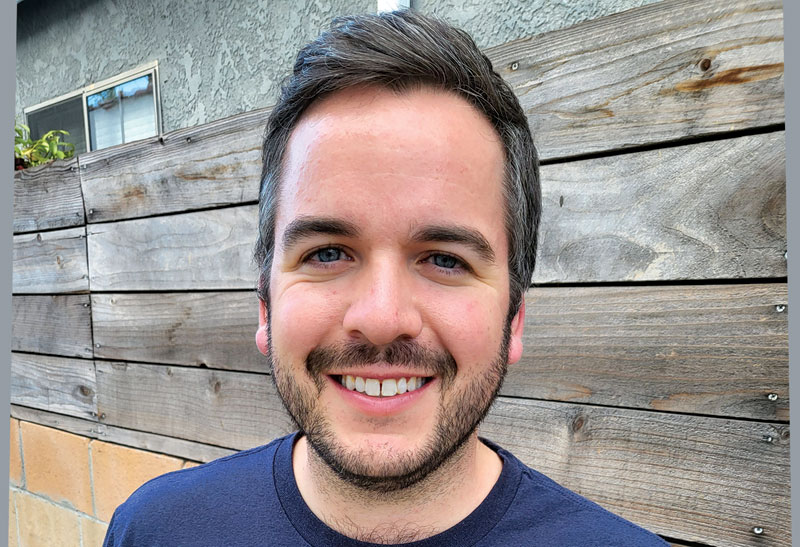
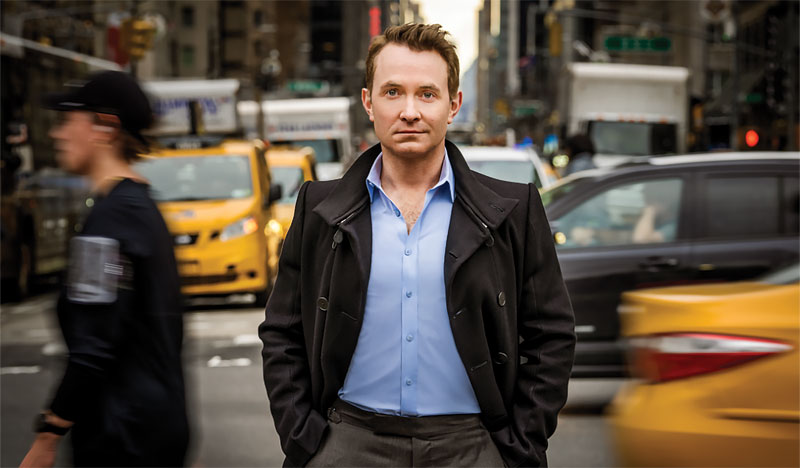

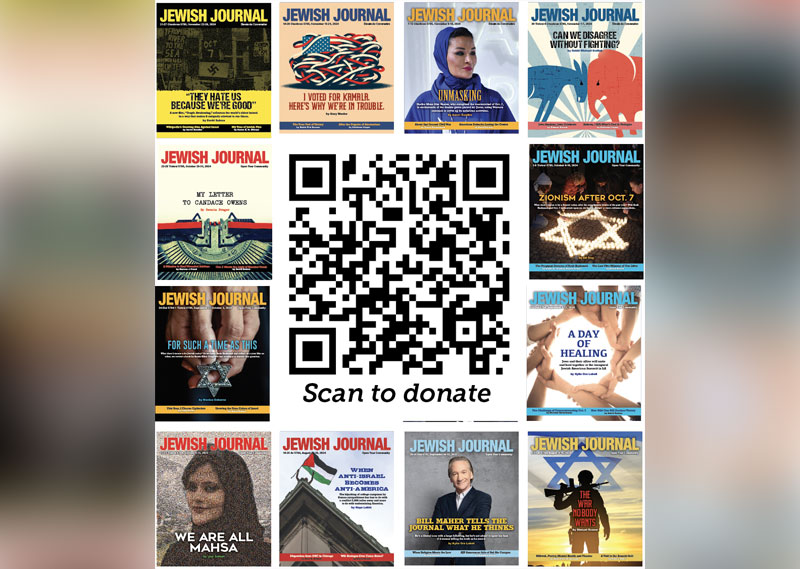
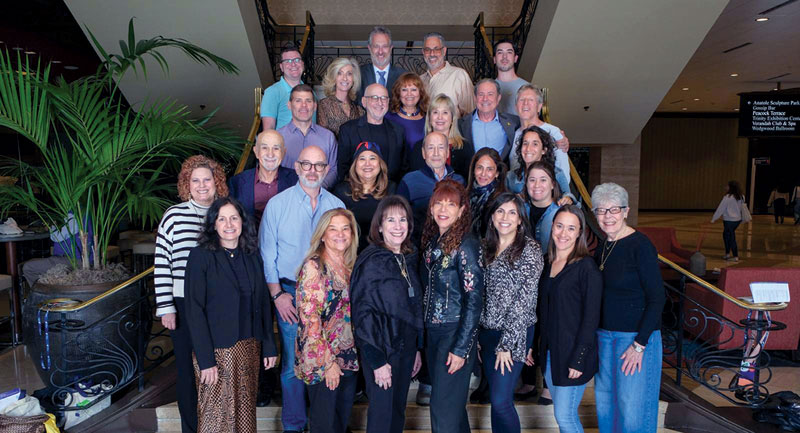
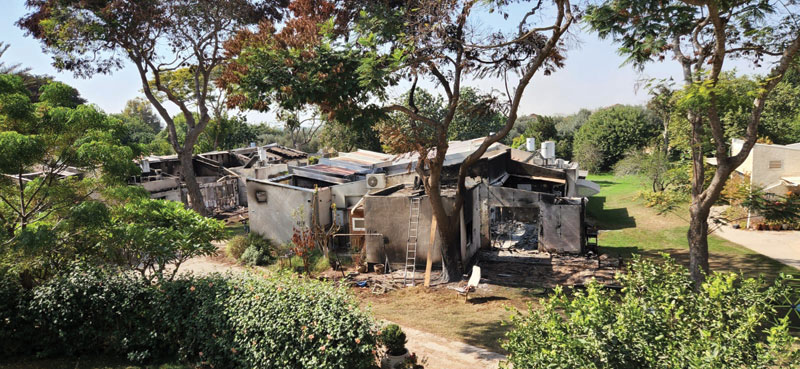
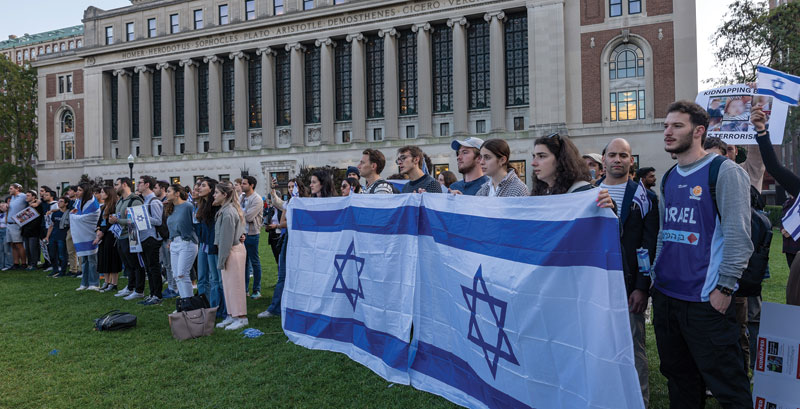






 More news and opinions than at a Shabbat dinner, right in your inbox.
More news and opinions than at a Shabbat dinner, right in your inbox.